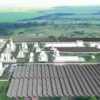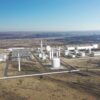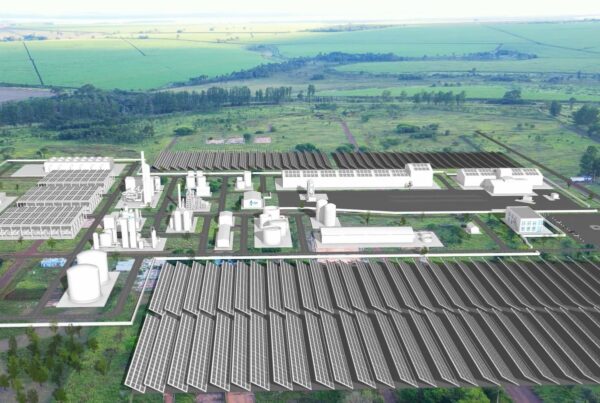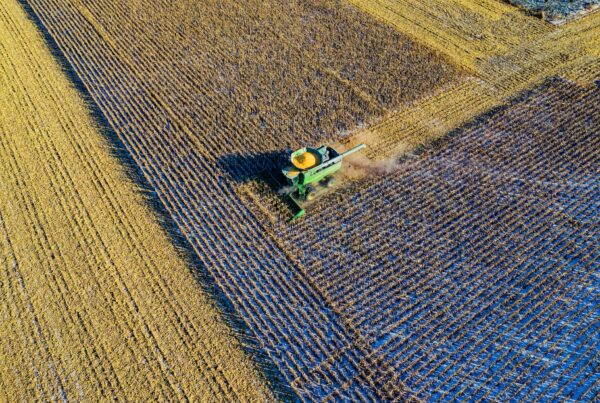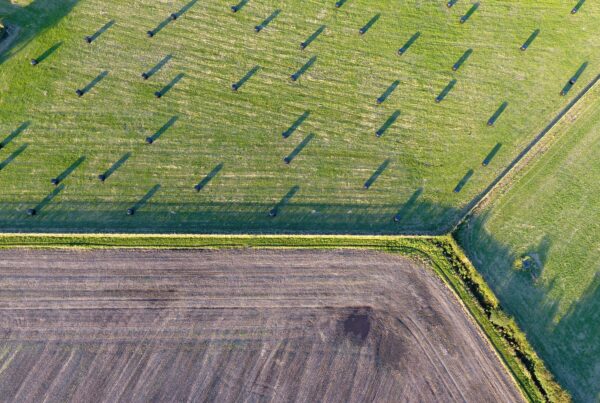Atlas Agro aims for industry leadership with green-only nitrate plants.
In the vast landscape of agriculture, nitrogen fertilizers have traditionally played a key role. However, the majority of these fertilizers have relied heavily on urea—a carbon-containing substance that comes with a myriad of environmental challenges. At Atlas Agro, we are charting a new course towards a more sustainable future, focusing our efforts on the production of green nitrate fertilizers.
Presently, most of the world’s nitrogen fertilizer capacity is allocated towards urea production, a process inherently non-green due to its carbon content. This process involves heavy reliance on fossil fuels and leads to a significant output of greenhouse gas emissions. Moreover, urea transforms into ammonia and then ammonium once it’s in the soil. This transformation stage presents the issue of volatilization, leading to additional environmental damage in the form of air pollution.
Unlike many other players in the industry, we are not burdened with the need to manage the consequences of existing polluting assets or the costs associated with retiring unprofitable facilities. Our eyes are set on creating new, green nitrate assets in optimal locations, free from the constraints of legacy pollutants.
A distinctive feature of our approach is the localization of production. By establishing our facilities close to the end-user—farmers—we avoid the need for long-distance, inter-continental shipping of fertilizers. This practice, traditionally known for its high costs, lengthy timeframe, and substantial carbon emissions, is bypassed entirely, reducing our environmental footprint and ensuring a reliable supply chain for our clients.
The benefits of nitrate fertilizers extend well beyond their immediate availability for plant absorption and the prevention of volatilization, which contrasts with urea and ammonium-based fertilizers that need conversion into nitrate by soil bacteria—a process that is time-consuming and heavily reliant on specific soil conditions.
Indeed, nitrate fertilizers have been shown to promote higher protein content in crops. Nitrogen is a key element in amino acids, the building blocks of proteins. By providing a readily available source of nitrogen, nitrate fertilizers can help crops develop a higher protein content, boosting their nutritional value.
Additionally, nitrates contribute to better cell wall development in plants. Nitrogen is a critical component in the production of nucleic acids and other cellular components. When plants have adequate nitrate supply, they can more effectively produce and strengthen their cell walls, leading to healthier, more robust crops.
Nitrates also have the potential for greener production processes. One promising method involves the use of renewable energy to convert atmospheric nitrogen and water into nitrate—a process that could potentially be carbon neutral or even carbon negative, depending on the type of energy utilized.
At Atlas Agro, we are fully committed to the production of green nitrate fertilizers, marking a significant pivot towards a more sustainable future for agriculture. By challenging the industry’s status quo and setting new standards, our nitrate plants represent the tangible transformation driven by innovation and our unwavering commitment to sustainability.
We strongly believe that the future of fertilizers lies in nitrates. We are proud to be leading this shift, ushering in a new green revolution in agriculture—one that supports not just robust food production, but the long-term health of our planet as well.



